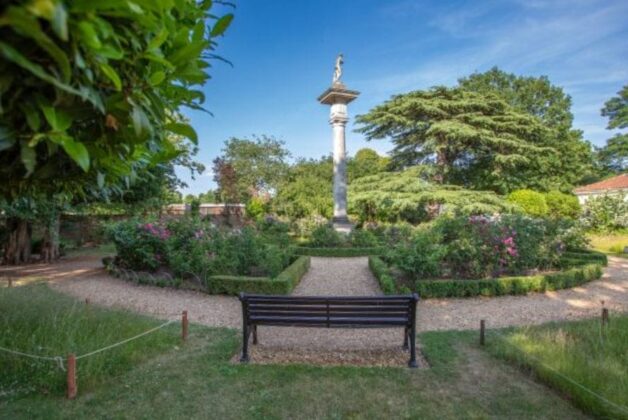Article: David Styles | Image: © University College London
A new report from the World Health Organization and University College London claims that engaging in artistic activities from a young age can reduce social inequalities and encourage healthy behaviours.
The largest study to date exploring the health benefits of arts engagement, the paper reviews more than 3,000 studies and highlights the importance of involving the creative sectors in healthcare delivery and policy-making for all nations in the World Health Organization European region.
The report’s lead author, Dr. Daisy Fancourt, said engagement with the arts can “affect social determinants of health, improving social cohesion and reducing social inequalities and inequities. Crucially, the arts can support the prevention of illness and promotion of good health.”
In trials the arts have been found to reduce psychological and biological markers of stress and to improve immune response. Health institutions displaying visual art and playing calming music have, for instance, been found to reduce patient anxiety and reduce blood pressure and stress hormones.
Improvements have also been recorded in the mental health and physical function of people with neurodevelopmental and neurological disorders along with non-communicable diseases.
“As well as helping patients or those with health problems to recover or better manage their illness, we see engagement with the arts having a significant positive health benefit from a young age,” Fancourt continued.
“The arts have an important role to play in early years as well as throughout our life-course. In this study, we see many examples of programmes which have specifically helped more vulnerable children to manage anxiety and aggression as well as increased school attendance and self-esteem.
“Additionally large-scale community-based music programmes amongst children exposed to violence have been found to improve self-control and reduce behavioural difficulties,” she concluded.
The report will, researchers note, lead to a range of policy recommendations in World Health Organization member states. Proposals will include ensuring arts provision in communities is accessible and supporting arts organisations in making health and wellbeing part of their strategies.
“Bringing art into people’s lives through activities including dancing, singing, and going to museums and concerts offers an added dimension to how we can improve physical and mental health,” Dr. Piroska Östlin, World Health Organization regional director for Europe, said.
“The examples cited in this ground-breaking WHO report show ways in which the arts can tackle ‘wicked’ or complex health challenges such as diabetes, obesity and mental ill health. They consider health and well-being in a broader societal and community context, and offer solutions that common medical practice has so far been unable to address effectively,” she concluded.




